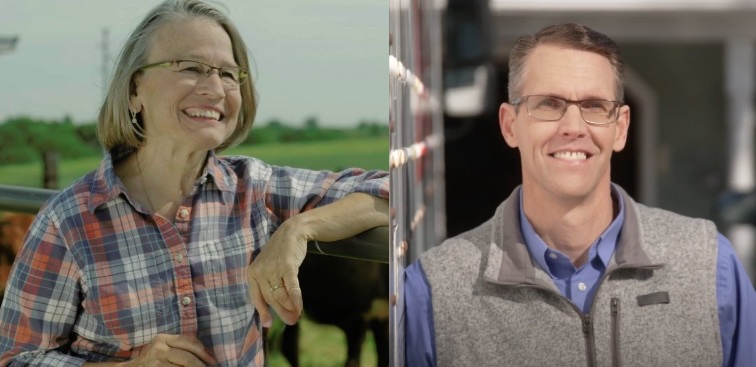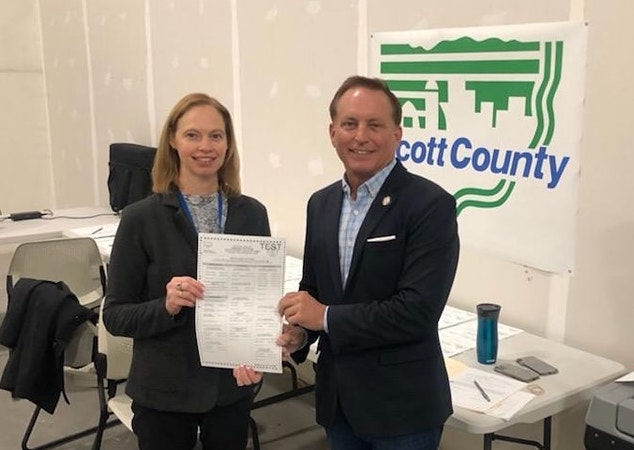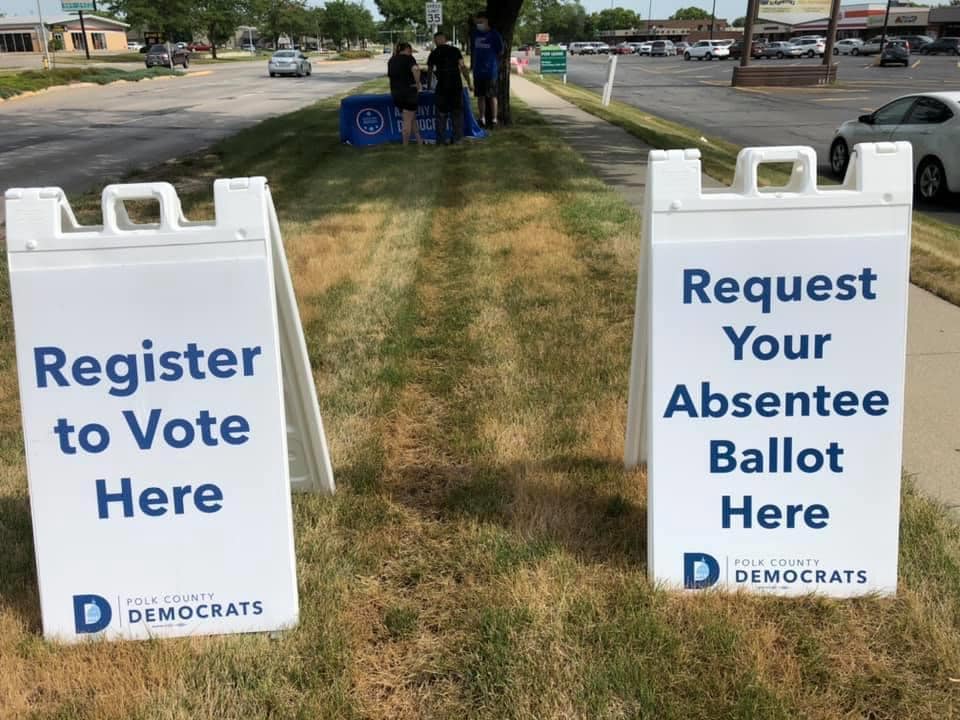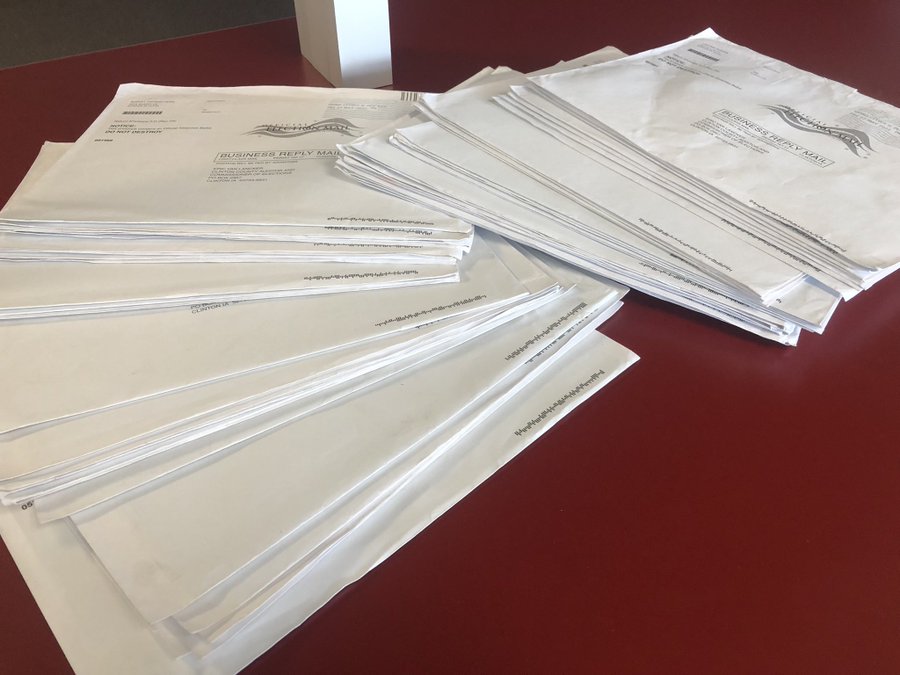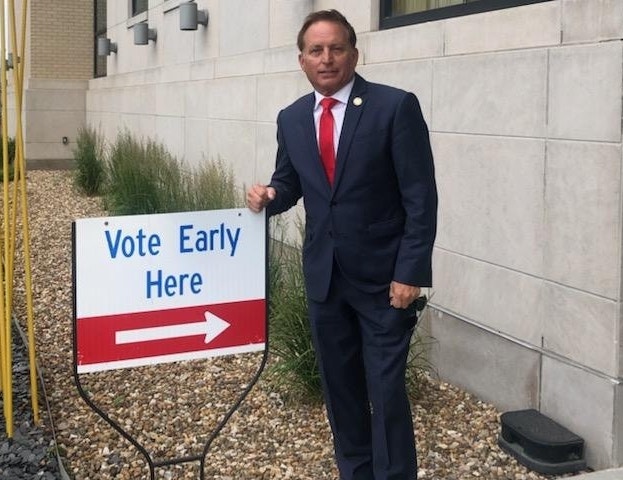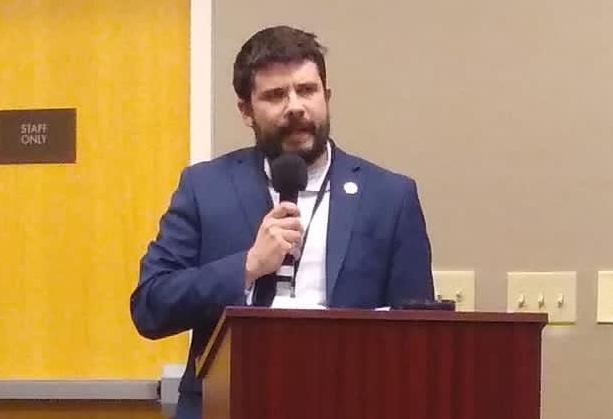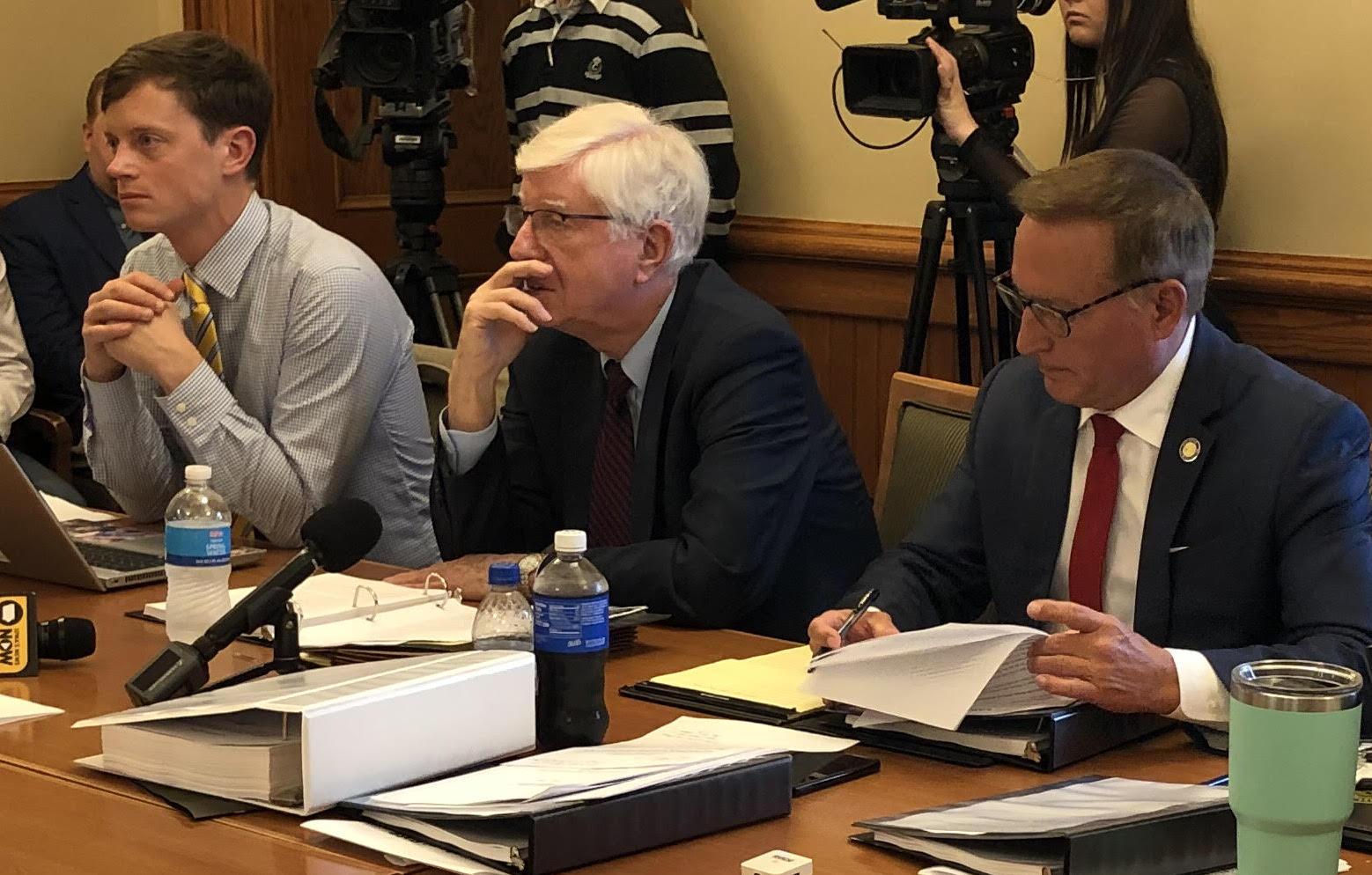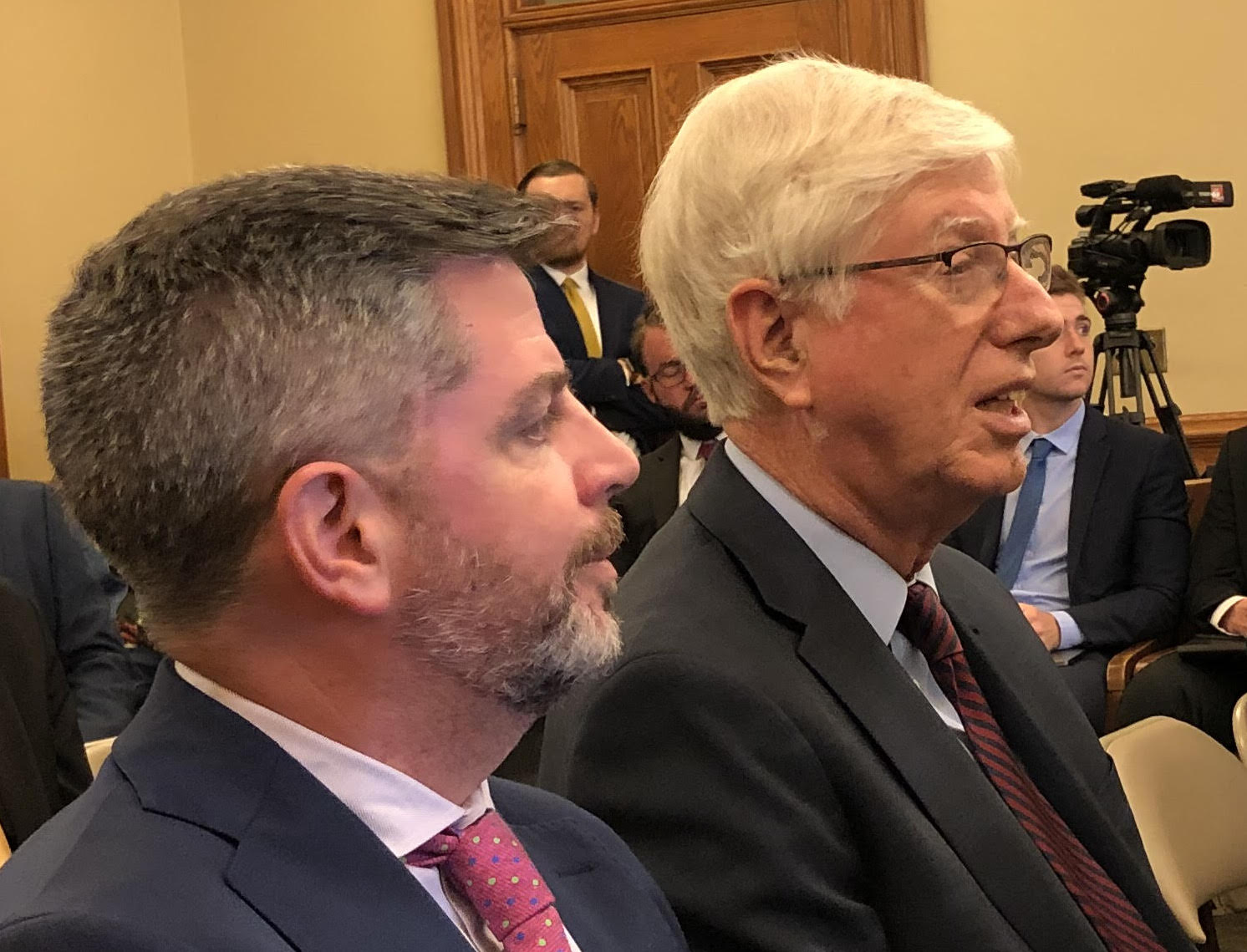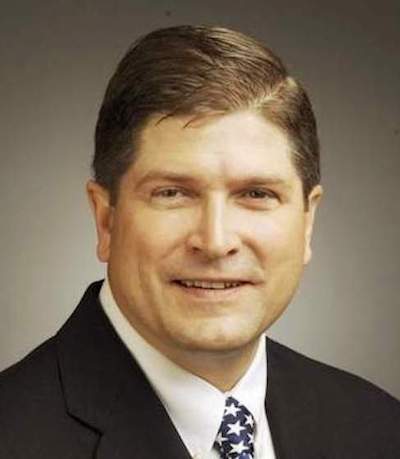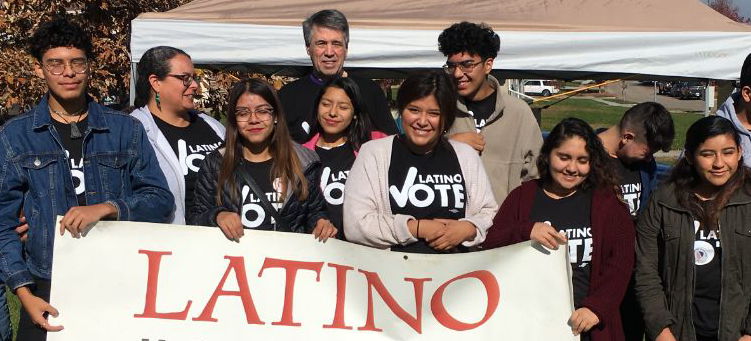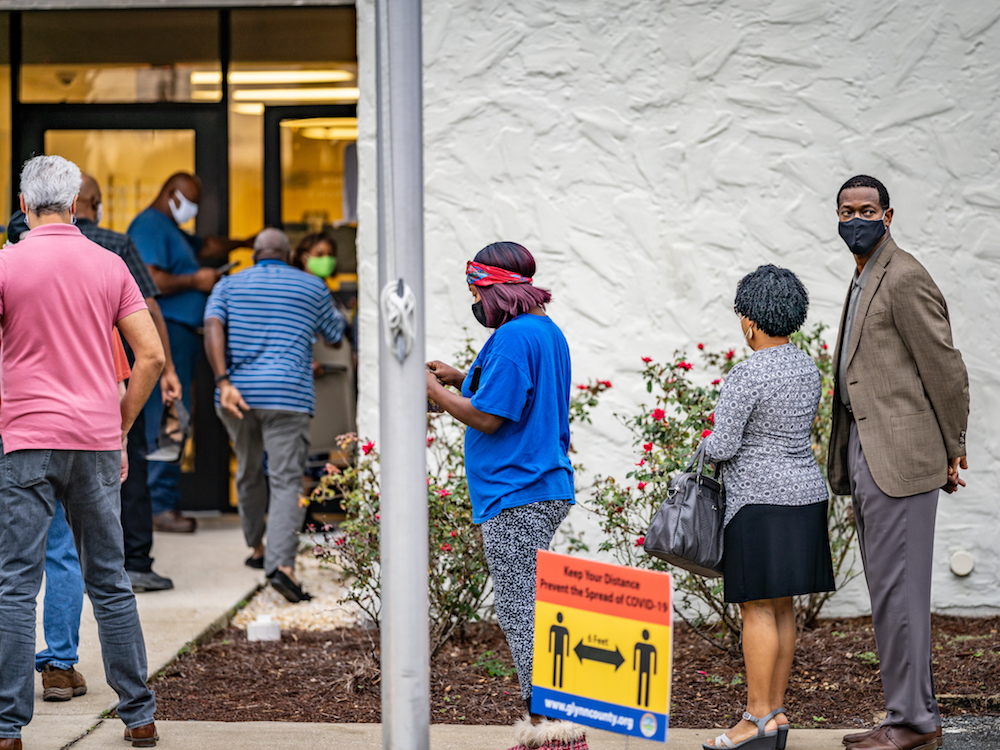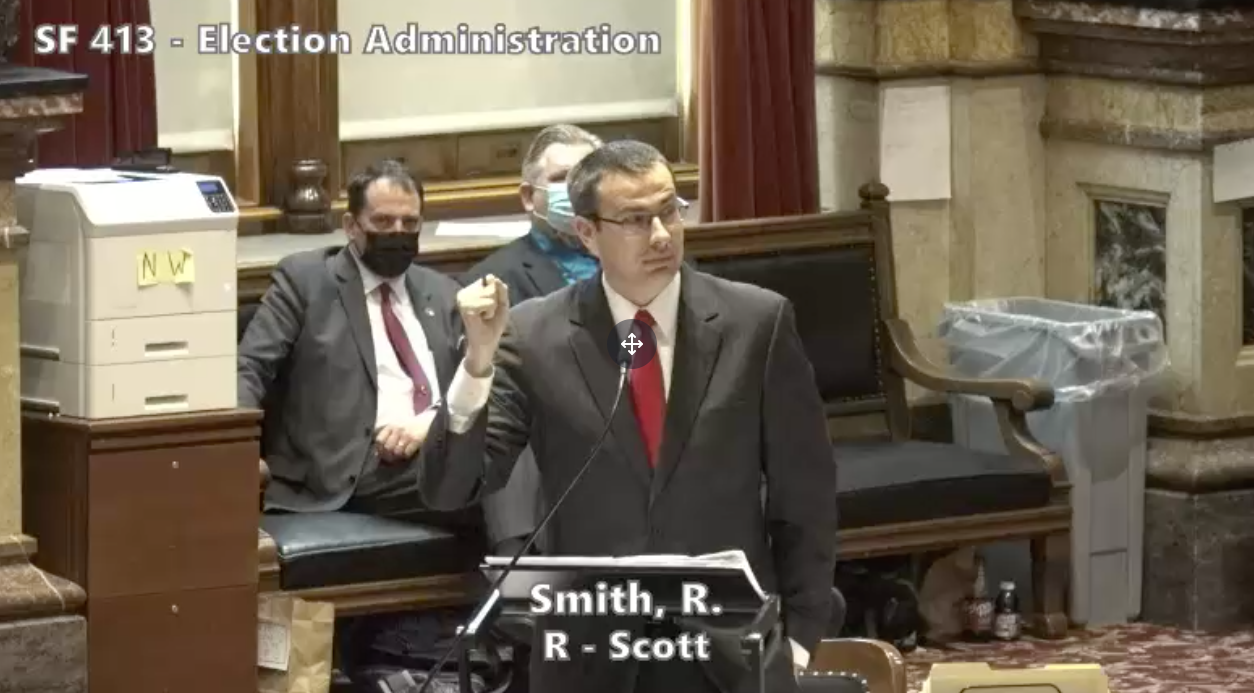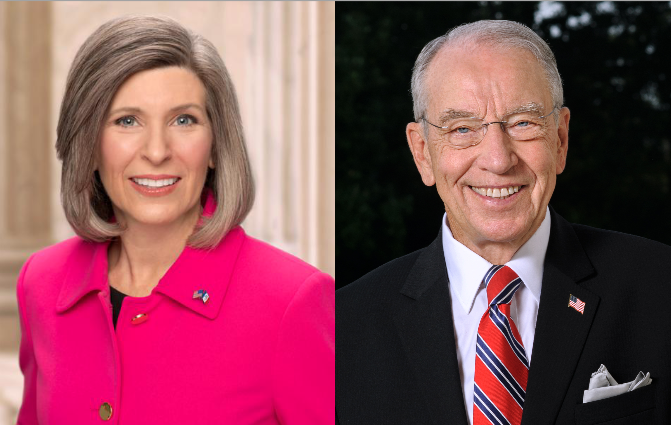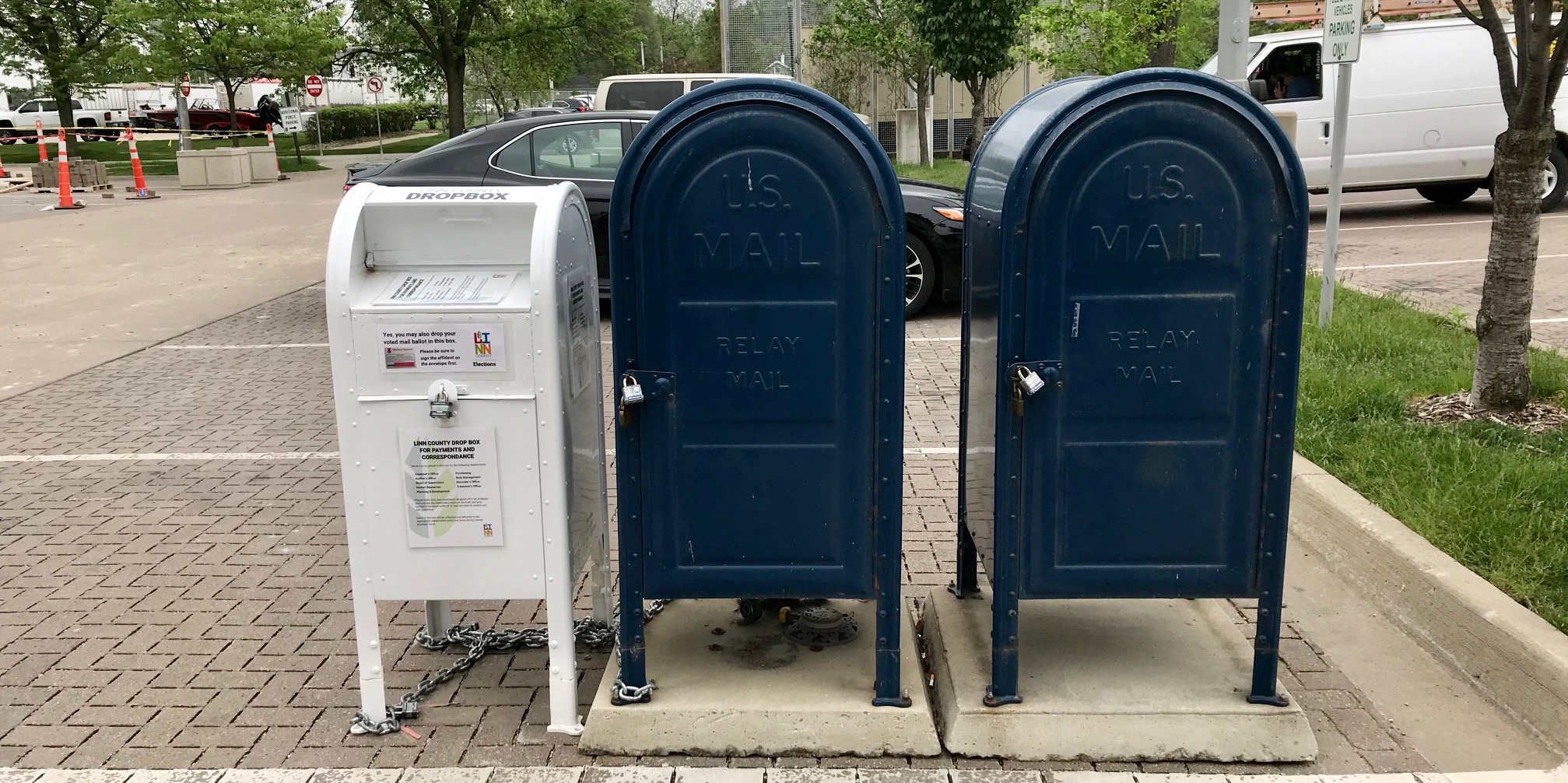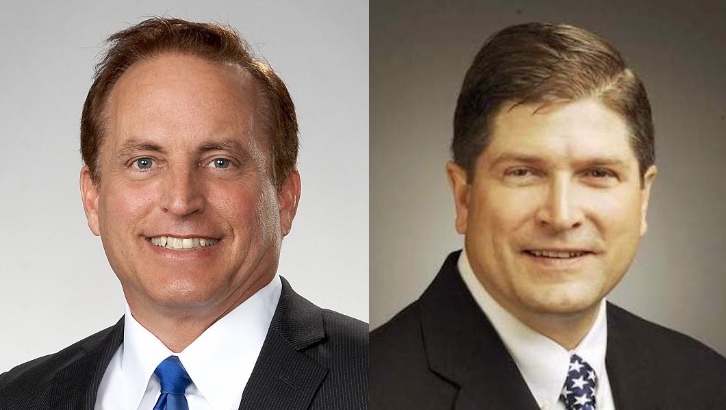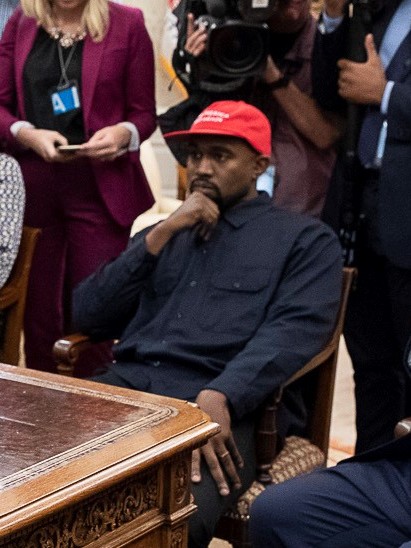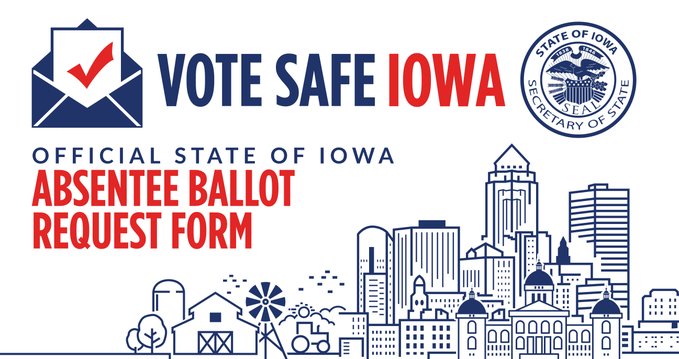During the first election cycle after redistricting, it’s typical for many Iowa politicians to move, seeking more favorable territory or to avoid a match-up against another incumbent. What set this year apart from a normal campaign under a new map: major controversies related to those address changes.
Iowa Senate Majority Leader Jack Whitver faced a formal challenge to his voter registration, after a resident of his new district claimed he didn’t meet the constitutional requirement to be on the November ballot.
And this week, Iowa Starting Line’s Pat Rynard was first to report that U.S. Representative Mariannette Miller-Meeks declared herself to be living at a friend’s house, on the last day she could change her voter registration without showing proof of address.
While Whitver played it close to the line, he successfully laid the groundwork for his voter registration change. Polk County Auditor Jamie Fitzgerald determined last week that Whitver’s declared residency at a condo in Grimes was valid. The top Iowa Senate Republican also avoided any voter fraud allegations by not casting a ballot in the 2022 primary or general elections.
In contrast, the circumstances surrounding Miller-Meeks’ address change raise legitimate questions about whether she committed election misconduct or perjury, which are both class “D” felonies in Iowa.
Staff for Miller-Meeks did not respond to Bleeding Heartland’s inquiries about her voter registration. Nor did State Senator Chris Cournoyer, whose Scott County home the member of Congress now claims as a residence.
Continue Reading...

